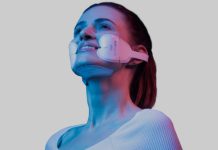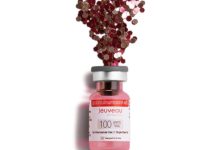CollPlant Biotechnologies (NASDAQ: CLGN), a regenerative and aesthetics medicine company developing innovative technologies and products based on its non-animal-derived collagen for tissue regeneration and organ manufacturing, today announced its initiation of a pre-clinical trial to evaluate commercial-size, 3D-bioprinted, regenerative breast implants. Currently, there are no commercial products that allow regeneration of soft tissues such as the breast.
“We are very happy with the progress of our regenerative breast implants program thus far, and the initiation of this important study,” said CollPlant’s Chief Executive Officer, Yehiel Tal. “CollPlant’s breast implants in development are unique in that they are designed to regenerate breast tissue as well as have inherent safety advantages. This would be paradigm-shifting in a market that has maintained such a large demand yet has seen increasing issues with safety over the last few decades. A primary goal of this study is to obtain data which would then support the optimization of the implant design and apply this design to a pivotal large-animal study that is intended to be the subject of discussions with the FDA.”
In the U.S. alone, hundreds of thousands of people each year experience adverse events that range from autoimmune symptoms to the very serious breast implant-associated anaplastic large cell lymphoma (BIA-ALCL). CollPlant’s breast implants, comprised of the Company’s proprietary plant-derived rhCollagen and other biomaterials, are expected to regenerate breast tissue without eliciting immune response and therefore may provide a revolutionary alternative for aesthetic and reconstructive procedures, including postmastectomy for cancer patients.
In January 2023, CollPlant announced positive results from its first large-animal study, which demonstrated progressive stages of tissue regeneration after three months, as highlighted by the formation of maturing connective tissue and neovascular networks within the implants, with no adverse events reported.







